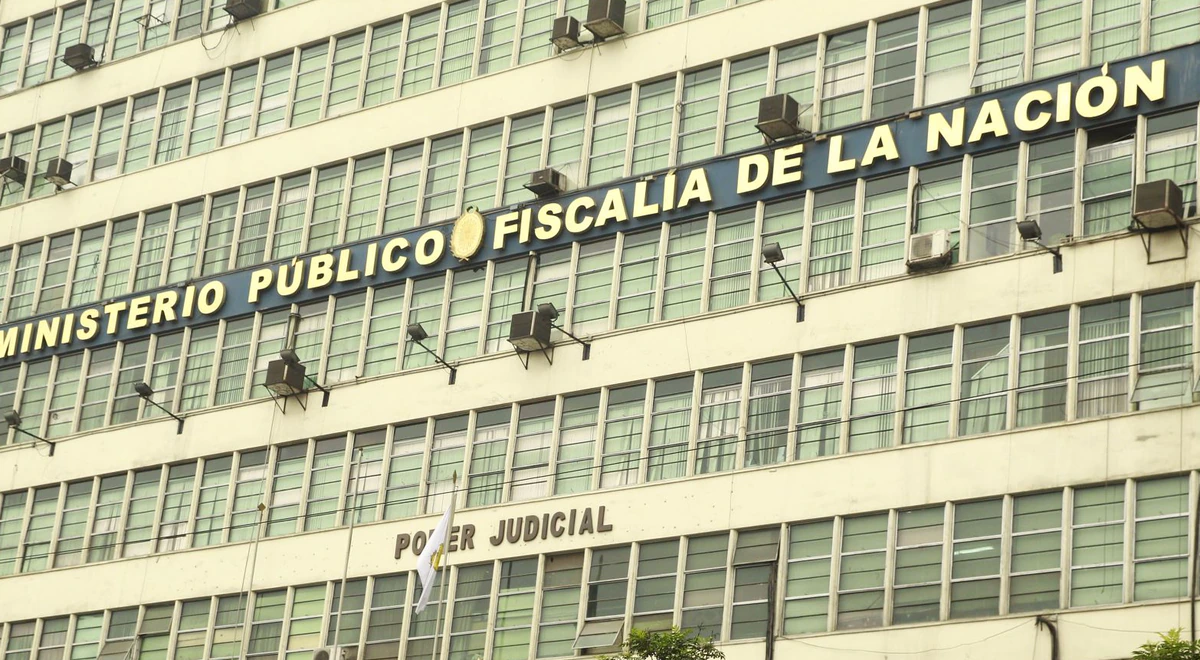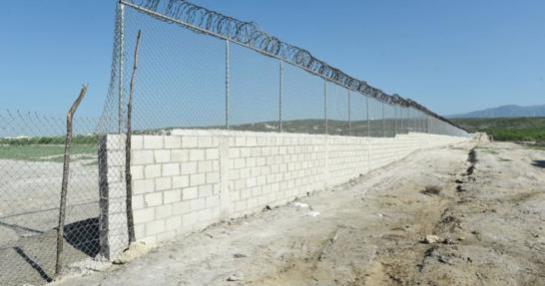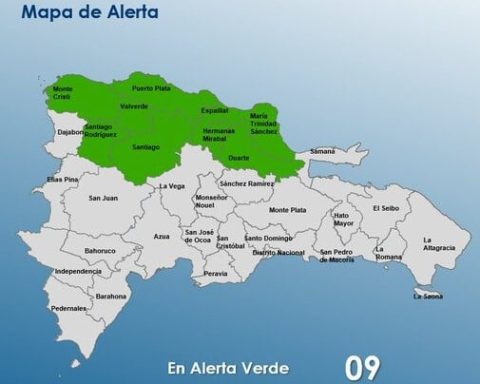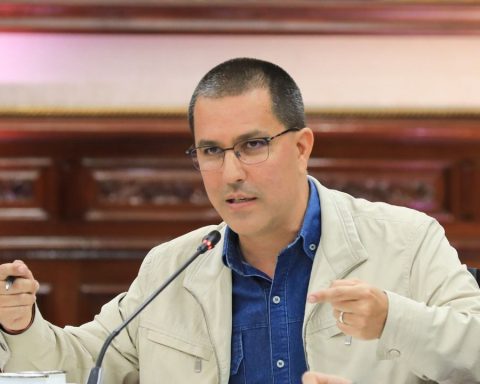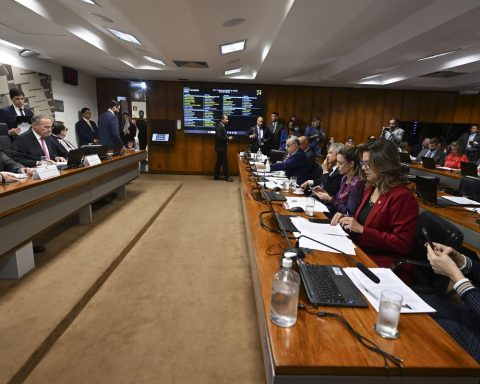The Public Ministry rejected the opinion that attempts against effective collaboration that was approved by the Justice Commission of the Congress of the Republic. The autonomous body recalled that the National Prosecutor’s Office ruled against it, as did the Judiciary and the Ministry of Justice, but that the parliamentary group did not want to listen.
“Faced with the decision of the Justice Commission of Congress, to approve an opinion that modifies the effective collaboration law, the Nation’s prosecutor, Zoraida Avalos, expressed her rejection of this initiative because it threatens the fight against corruption and organized crime” , reads the tweet published by the Public Ministry.
“The highest authority of the MP indicated that the National Prosecutor’s Office, at the time, gave its opinion technically against the initiative, but that its position was not heard, nor was the opinion of the Judiciary and the Ministry of Justice heard.” , he added. The Judiciary and the Minjus had made observations against the aforementioned project.
YOU CAN SEE: Hildebrandt: Congress wants to behead someone beheaded, remove a government that no longer exists
The autonomous entity also pointed out that “effective collaboration is a fundamental tool to investigate organized crime and serious crimes”, since “it allows it to be destroyed from within with dissuasive or reward measures.” He specified that “if its modification is approved, it would favor impunity.”
Cerrón and Guerra García promoted the initiative
Those who have promoted this norm have been, mainly, the congressmen Waldemar Cerrón Rojas and Hernando Guerra García, as revealed by La República in its edition of Sunday, February 20. The first, from Peru Libre and the second, from Fuerza Popular. The leaders of these two parties, Vladimir Cerrón and Keiko Fujimori, are being investigated for organized crime.
Prosecutor José Domingo Pérez has already told this newsroom that the purpose of this bill is to discourage members of criminal organizations from requesting effective collaboration, which benefits those currently under investigation, such as Fujimori and Cerrón.
YOU CAN SEE: Durand on Castillo: He has postponed the change agenda to maintain the need to survive
One of the most controversial aspects of the approved opinion is article 2 on “improper disclosure of reserved information”. It has been developed specifically to penalize public officials, be they attorneys, prosecutors or judges, who leak the content of effective collaborators.
In addition, punishment is contemplated for those who publish it; that is, for the media and journalists. 4 to 6 years in prison are prescribed for those who identify effective collaborators or leak their statements, and 5 to 7 years for officials who leak part or all of the statements of effective collaborators.
